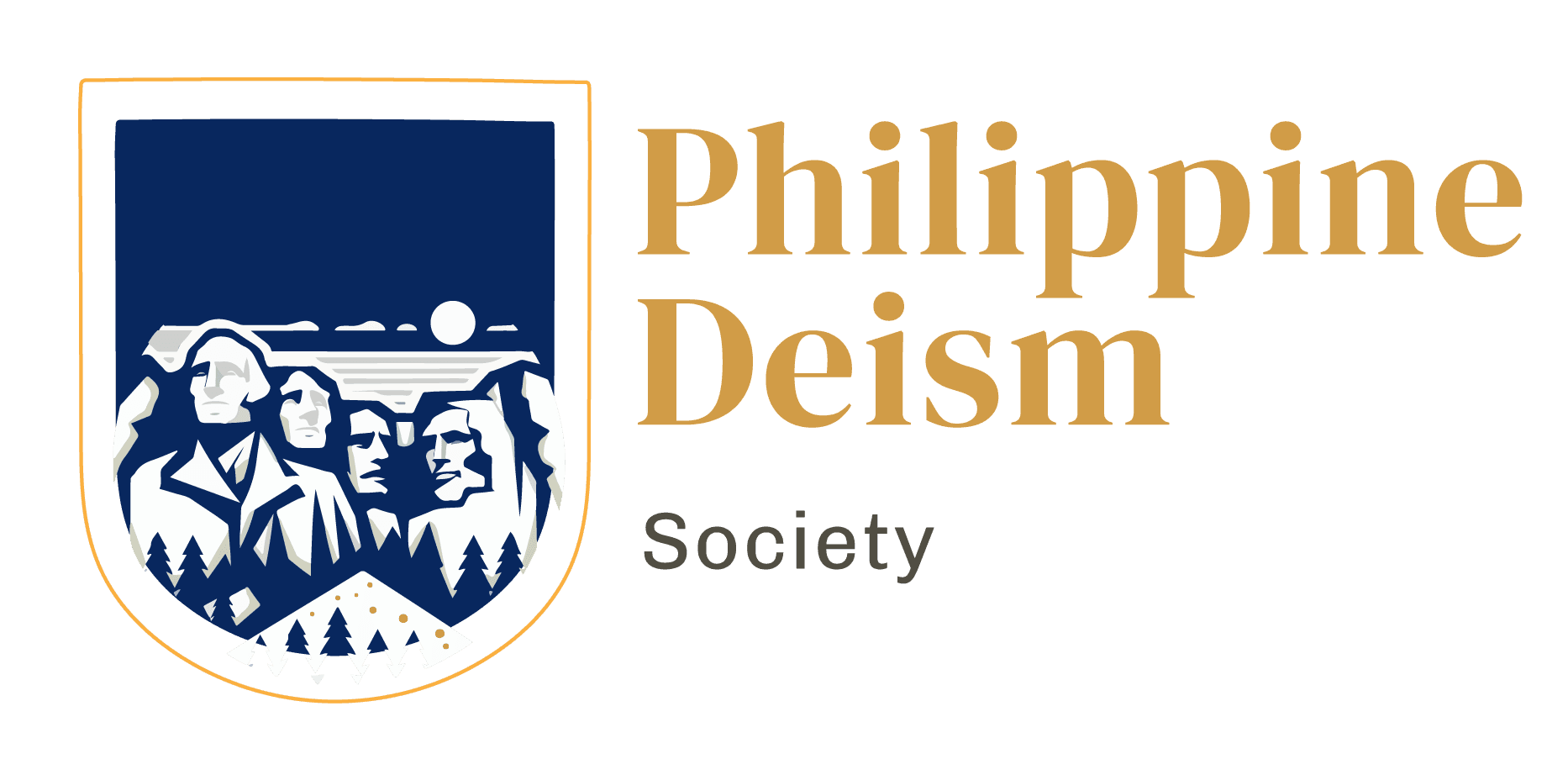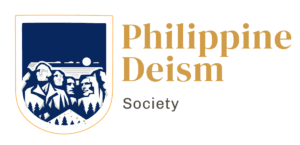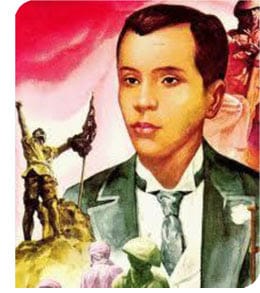Andres Bonifacio (1863–1897), known as the “Father of the Philippine Revolution,” is celebrated for his pivotal role in leading the movement for Philippine independence against Spanish colonial rule. While his legacy is primarily rooted in his revolutionary leadership, Bonifacio’s philosophical outlook and spiritual beliefs also reveal his alignment with deistic principles.
Bonifacio, a self-taught intellectual, drew inspiration from Enlightenment thinkers and nationalist literature, including the works of José Rizal and Victor Hugo. His exposure to Freemasonry, an organization that embraced reason, morality, and a belief in a Supreme Being, significantly influenced his worldview. Masonic ideals, which often overlap with deism, emphasize a rational and moral approach to understanding divinity, rejecting dogmatic religious practices.
Through his writings and actions, Bonifacio demonstrated a perspective that echoed deistic beliefs. He revered a higher power but rejected the oppressive role of institutionalized religion, particularly the abuses of the Spanish friars in the Philippines. This stance is evident in the principles of the Katipunan, the secret revolutionary society he founded. The Katipunan valued individual liberty, reason, and morality, aligning with deistic ideals of a just and rational order governed by a Supreme Being.
Bonifacio’s contribution to deism lies in his advocacy for a spiritual framework that empowered individuals to seek freedom and justice without reliance on religious authorities. His belief in a moral universe governed by a higher power underscored his commitment to the revolutionary cause, uniting Filipinos under a shared vision of dignity and independence.
While not explicitly identified as a deist, Bonifacio’s embrace of reason, moral justice, and a non-dogmatic spirituality positions him as a figure whose legacy resonates with deistic ideals. His life and philosophy continue to inspire a spirit of critical thinking and a commitment to universal principles of freedom and equality.


